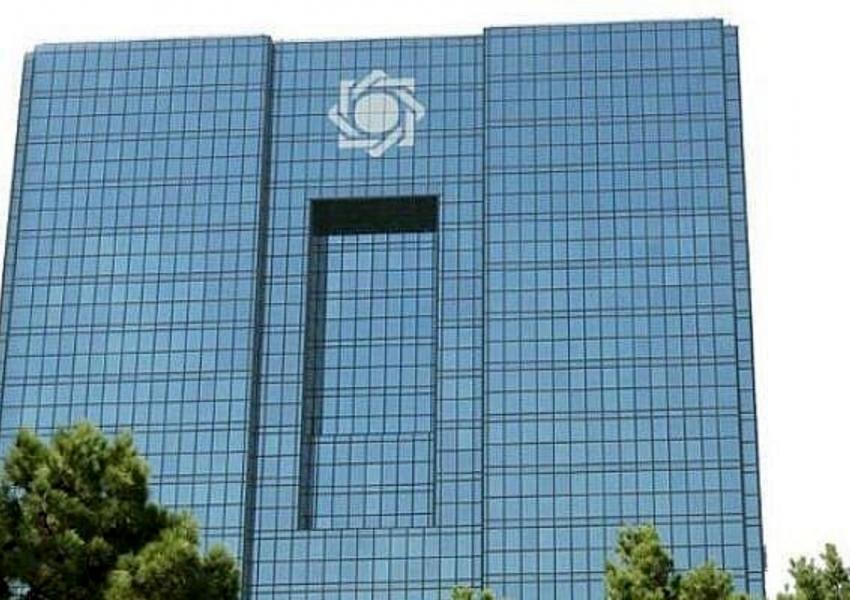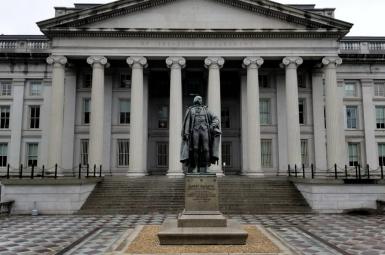
Bahrain Expects More Prosecutions Over Iran Money-Laundering
Bahraini Attorney-General Ali bin Fadhel Al Buainain announced Thursday that investigations had unearthed further unlawful practices carried out by Future (Mustaqbal) Bank and associated Iranian banks between 2008 and 2012.
Future Bank was shut down in 2016, shortly after Bahrain cut diplomatic relations with Tehran, 12 years after it was founded in 2004 as a joint-venture by two Iranian banks, Melli and Saderat, and Bahrain’s Al-Ahli Bank. Bahrain alleged in 2016 that Future had laundered $7.4 billion.
Last year Future Bank officials were sentenced to five years in prison with the confiscation of their funds and property later set at $21.5 million. Bahraini authorities said in January that a total of $366 million had been confiscated.
The latest findings, reported by the official Bahrain News Agency, involve Melli, Saderat and “other Iranian banks” as well as Iran’s Central Bank. Investigations would continue and “further suspects” identified, the report said.
Future Bank, a Bahraini court found last year, concealed basic information on international transactions, including through the Swift network, to disguise entities likely to face United States sanctions – thereby breaking Bahraini law and banking regulations. Morteza Etabari, legal chief at the Iranian Central Bank, in November called the charges “distorted” and said the Iranian banks had been deprived of “any chance of defence.”
When Saderat and Melli launched an action in 2018 before international arbitration in The Hague, documents lodged by Bahrain were leaked to the Washington Post.
“Bahrain has never faced violations of this magnitude,” its submission said, before detailing instances where the banks allegedly changed or removed identifying information, a practice known as ‘wire-stripping’. In 2010, the Obama administration slapped a $298 million fine on the British banks Barclays for using wire-stripping to hide $500 million in financial transactions with Iran.
Wire-stripping is just one means Iran has employed over decades to avoid US financial sanctions – Tehran has also used barter, cash payments, and more recently cryptocurrencies. It also resorts to informal systems found in parts of the world, including Africa, with no functioning banking system. Tehran’s use of these methods has increased in response to the expansion of the US sanctions.
While President Hassan Rouhani set out after his election in 2013 to integrate Iran into the international financial system, his efforts were stymied both by US President Donald Trump, whose administration extended sanctions, and by critics at home who argued this made Iran vulnerable. Rouhani aimed at meeting the regulations of the intergovernmental Financial Action Task Force (FATF) but legislation to this end is currently stuck at the arbitration body, the Expediency Council, leaving Iran on an FATF blacklist.
Like other Arab Gulf states Bahrain is concerned at Iranian influence and outreach, but is particularly wary as the ruling Sunni dynasty faces a majority Shia population. Saudi Arabia intervened in 2015 to crush protestors demanding democratic reform during the ‘Arab spring.’








